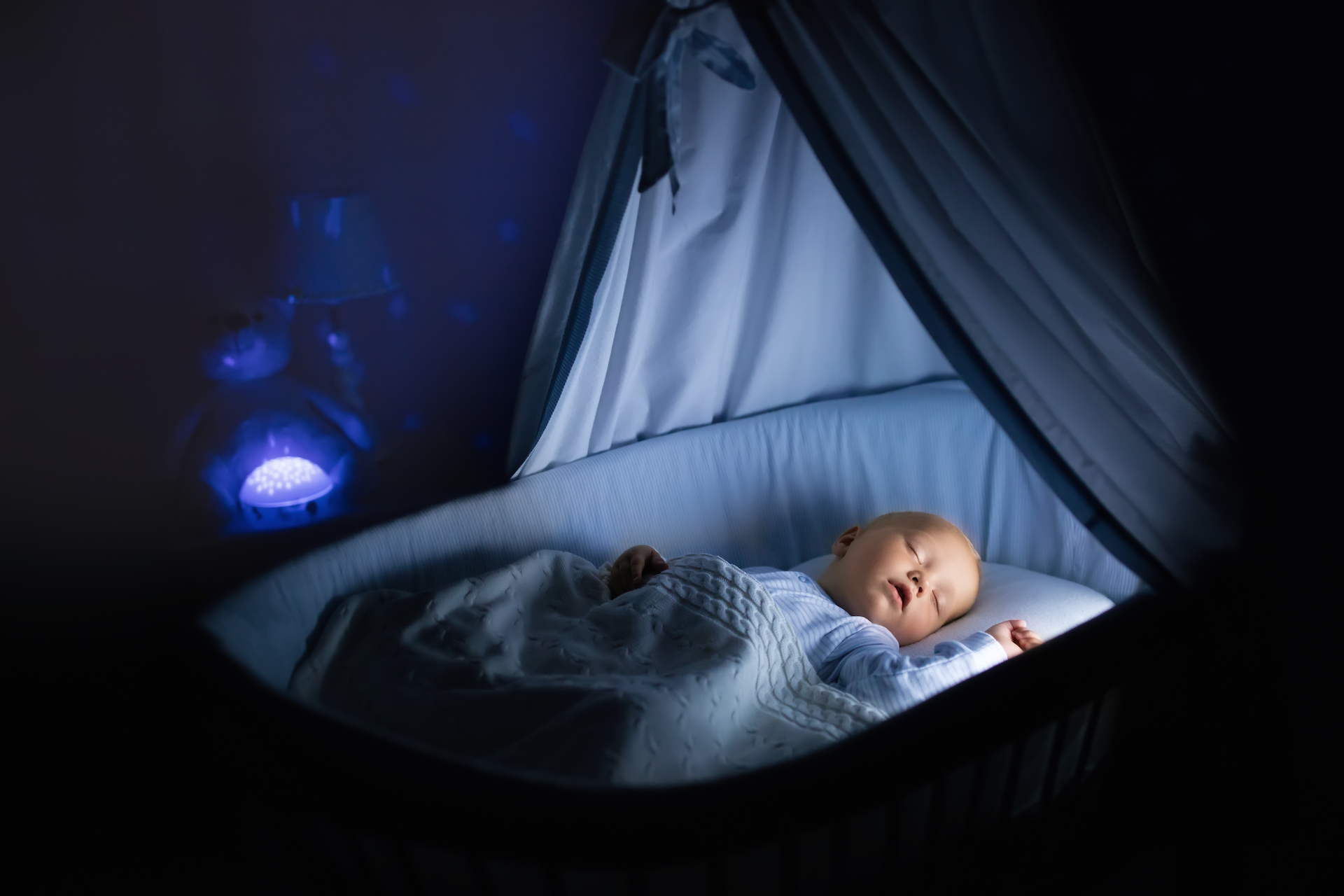
As a pediatric sleep consultant, there are a few questions I’ve grown accustomed to hearing. People are understandably curious about whether or not their child is going to cry, and if so, for how long. They want to know how long it’s going to take before baby starts sleeping through the night, and when they’ll be able to do the same.
And even though they never come right out and say it in so many words, they want to know if there’s some kind of magical solution that will solve the problem instantaneously without any effort, crying, or protest.
That’s not the verbiage they use, obviously. What they do say is something to the tune of, “A friend of mine got her toddler a special sleep suit and she says her little guy’s been conking out at bedtime ever since.”
Then they give me a slightly hopeful, somewhat quizzical look, hoping that maybe, just maybe, I’ll tell them that their child is an ideal candidate for the magical sleep suit, and that it’ll solve their baby’s sleep problems in an instant.
And when you consider how many products out there say they’ll get your baby to sleep, it’s not surprising that parents think that maybe one of them might be the solution. Maybe the self-rocking crib? The vibrating mattress pad? The weighted blanket? The motion- detecting auto-shusher? The hypnotizing bedtime book?
I’m not making this stuff up, by the way. All of those are actual products available for purchase, and that’s not even close to a complete list.
Now, I’m not saying that none of these products will help your baby fall asleep. In fact, I would suggest the opposite. I think many of them actually do exactly what they say, and therein lies the problem.
Let’s take the hypnotizing baby book as an example. If you have young kids, you’ve almost undoubtedly heard of it in the last year. It’s the first self-published book to climb to the top of Amazon’s bestseller list,
promising to get your kids to go to sleep through repetitive phrases and near-constant yawning on the part of the reader.
Let’s say you buy the book, read it to your child, and it puts them out like a light. I’m guessing you know by now that babies, like the rest of us, don’t just fall asleep and stay asleep for 10 straight hours. We all go through sleep cycles that take us from light sleep
into deep sleep and back again, and in between those stages, we tend to wake up. Adults typically don’t even remember it, since we’re able to get back to sleep on our own, but babies often rely on some kind of a crutch. Like, oooohh, I dunno. A hypnotizing bedtime story, for example.
So unless you like the idea of getting up every two or three hours and reading “The Rabbit Who Wants
to Fall Asleep,” you’re setting yourself and your baby up for some genuinely unpleasant nights.
Sleep is a skill, and I don’t say that metaphorically. It’s no different than swimming, riding a bike, driving a stick shift, or
playing the piano. We may be born with the ability to fall asleep, sure, but it still takes some practice to refine that skill, and when you lull your little one to sleep with motion, shushing, vibration, or feeding, you’re doing all of the practice for them. You’re constantly holding the seat of their bike while they’re trying to learn to ride it.
That’s what sets a sleep consultant apart from all of these thingamajigs. Together, we teach your child to master those sleeping skills. We take them, step by step, from beginner to expert, until you’re the proud and happy parent of the Michael Jordan of sleep.
That means that no matter where they’re sleeping, no matter who’s watching them, and regardless if the motor dies on their self-rocking crib, they’ll have no problem getting themselves off to sleep, and
staying asleep, straight through the night.
That comes with the obvious benefit of a well-rested child, (as well as well-rested parents) but there’s another huge plus when your baby really gets the hang of this skill. They love to do it.
Just the same as any other talent, when we’re good at something, we enjoy doing it. It’s no longer frustrating, and we actually engage in it for sheer pleasure. My little one, and the vast majority of those that I’ve worked with, absolutely love bedtime.
There are no more bedtime battles, no tears, just a happy winding-down and some quality time with their parents to look forward to before they get into bed and do what they’re good at. I’m not saying that your toddler will be going to sleepovers and telling their friends to check out how easily they can get to sleep, but I’m not saying they won’t either.
Dropping a few hundred bucks every six months when your baby outgrows their weighted sleep sack, (or a whopping $1500 when they get too big for their self-rocking crib) is a pricey set of training wheels, especially when you consider that they’re really just treating the symptom and not the cause. Teaching your baby the skills needed to fall asleep on their own really is the cure-all for their nighttime woes.
